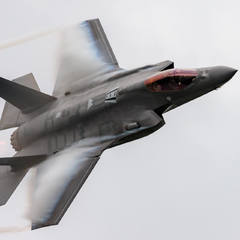TSMC to stop supplying Huawei with chips
-
Featured Topics
-
Topics
-
Rogers24 ·
Posted in Troubleshooting0 -
TurkishBTW ·
Posted in Peripherals0 -
1
-
kennethk ·
Posted in Peripherals1 -
4
-
BTSHalfLifeAndGmodFan2003 ·
Posted in Storage Devices6 -
6
-
1
-
Abaris ·
Posted in Troubleshooting4 -
2
-



















Create an account or sign in to comment
You need to be a member in order to leave a comment
Create an account
Sign up for a new account in our community. It's easy!
Register a new accountSign in
Already have an account? Sign in here.
Sign In Now